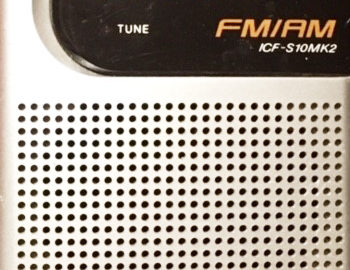The head of the New York Taxi Workers Alliance (NYTWA) begged officials in June to regulate app-based transportation services, days after Abdul Saleh, 59, became the latest NYC driver to die by suicide. It was the sixth such tragedy to occur in recent months.
A Yemeni immigrant, Saleh was trying to earn a living for himself and his family overseas, but couldn’t keep up with his cab lease payments, said Bhairavi Desai, executive director of the NYTWA, which advocates on cabbies’ behalf.
“That’s six drivers who lost their lives because the city of New York did not do its job and regulate Wall Street companies that came into town with little to no regulation,” Desai said. “We are living in one of the wealthiest cities across this globe. How is it possible that you have professional workers that have been driven to suicide because the poverty is so crushing and because there is such a sense of hopelessness, because of political inaction?”
Desai, joined by Rep. Adriano Espaillat, D-N.Y., called on NY’s City Council to vote on several proposals seeking to mitigate the effects caused by too many app-based drivers on city streets.
“All we’re asking for is a cap on the number of vehicles. We now have 130,000 cars competing for the same set of fares that 65,000 cars used to do five years ago,” said Desai. “The math doesn’t add up, and that deficit means less money for food, less money for rent, less time with their families.”
The alliance is also asking city council to set an industry standard of fares, to set up retirement funds for all drivers, and to work with lenders to lower interest rates for yellow cab drivers struggling to keep up with debt payments for their pricey taxi medallions, among other things.
The medallions have long been a requirement to operate a cab in New York. App-based companies, which currently fall under the category of Black Cars, don’t need such medallions. The NYTWA also represents black-car drivers, including Uber and Lyft. In her impassioned plea to city officials, Desai also called for protections for Uber and Lyft drivers – not a ban on them.
“We’re [all] brothers and sisters on the streets; we’re brothers and sisters in the struggle,” she said. “We have fought for a way for everybody to survive. People aren’t just starving or… facing homelessness, they are now dying.”
Saleh, the most recent driver to take his life, had been working as long as 12-hour shifts for the past seven years, Desai said in June. He had been offered an opportunity to drive with Uber but wanted to continue driving a yellow cab, she said. She said that with no retirement funds, switching to Uber or Lyft would only result in taxi drivers falling deeper into poverty. Desai has called on all drivers regulated by the NYC Taxi and Limousine Commission to reach out for support if they need it.
“There is help. Don’t you dare give up,” she pleaded. “You have a movement behind you that cares for and supports you.”
Source: NBC News




